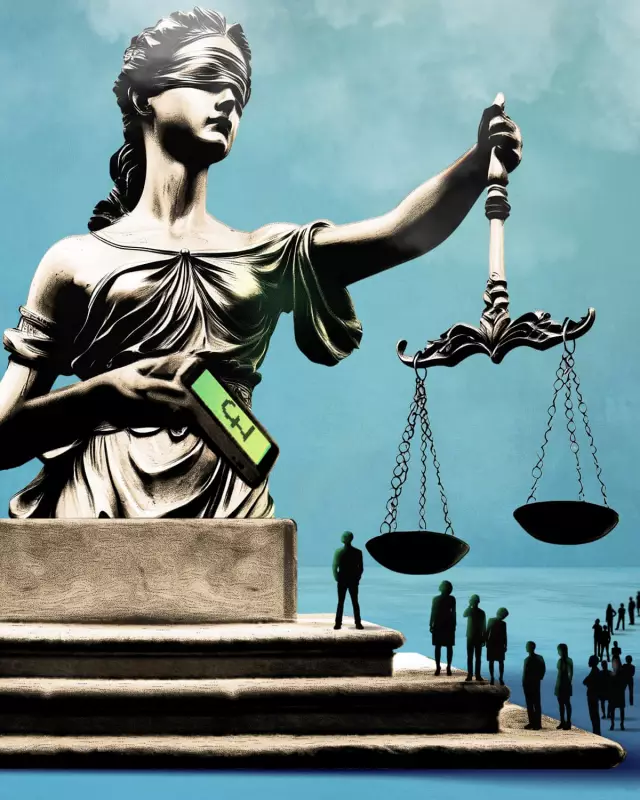
Across England and Wales, a quiet revolution is unfolding in courtrooms as victims of crime take justice into their own hands. Frustrated by police inaction on everything from serious fraud to violent assaults, individuals and businesses are increasingly funding their own prosecutions through a little-known legal mechanism.
The Justice Gap: When Police Won't Act
New data reveals a startling surge in private prosecutions, with cases rising by over 40% in recent years. This trend exposes what legal experts describe as a "two-tier justice system" emerging in Britain, where those with financial means can pursue justice while others are left without recourse.
Real Victims, Real Consequences
The phenomenon isn't limited to corporate disputes. Cases include:
- A shopkeeper prosecuting a violent robber after police closed the case
- Fraud victims pursuing complex financial crimes officers lacked resources to investigate
- Families seeking justice for assaults that police deemed low priority
Why Are Police Failing Victims?
Multiple factors drive this trend:
- Resource constraints: Years of budget cuts have left police forces prioritising only the most serious crimes
- Specialisation gaps: Complex fraud and cyber crimes require expertise many forces lack
- Bureaucratic hurdles: Evidential thresholds and administrative burdens discourage police investigations
The Controversy Surrounding Private Justice
While private prosecutions provide recourse for some, they raise serious questions about equality before the law. Critics warn of a system where justice becomes a commodity available only to those who can afford it.
"We're seeing the creation of a pay-to-play justice system," warns one legal academic. "When the state abdicates its fundamental responsibility to investigate crime, it undermines the very principle of equal protection."
Regulatory Concerns
The surge has prompted calls for tighter regulation. Unlike state prosecutions, private cases face less scrutiny, raising concerns about malicious prosecutions and the potential for wealthy individuals to weaponise the legal system.
What This Means for British Justice
This trend represents a fundamental shift in how justice is delivered in the UK. As private prosecutions become more common, they challenge traditional notions of the state's monopoly on criminal justice and highlight growing gaps in public law enforcement.
The rise of private prosecutions serves as a stark indicator of systemic failures within Britain's policing and justice systems, forcing a difficult conversation about who gets justice and who gets left behind.





